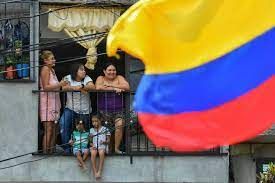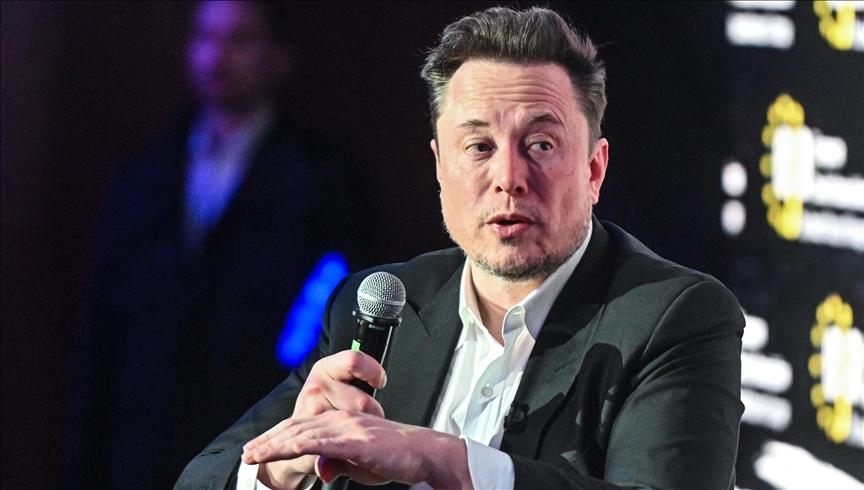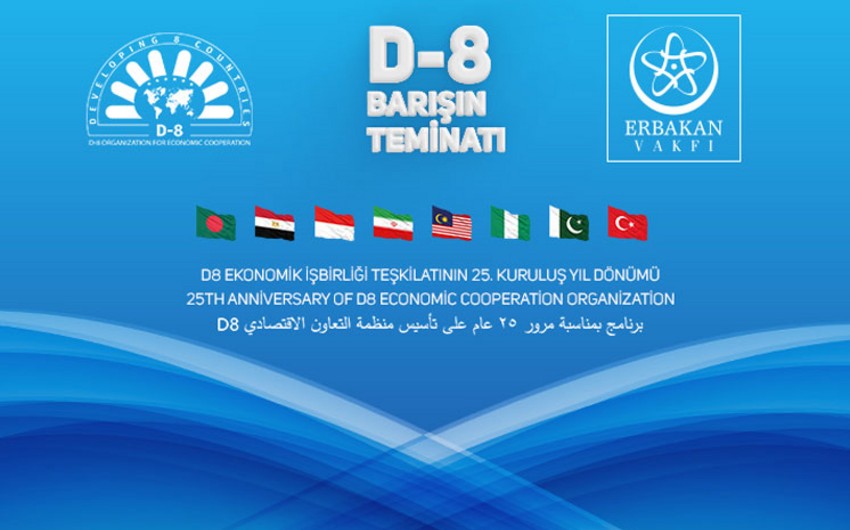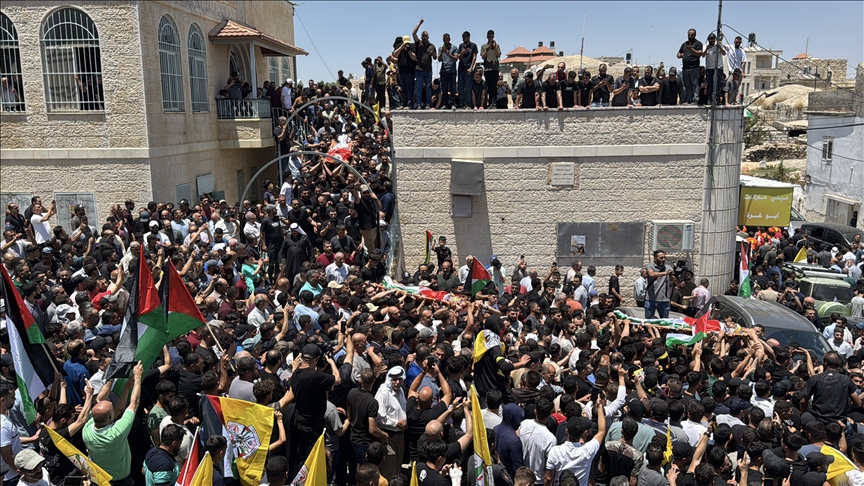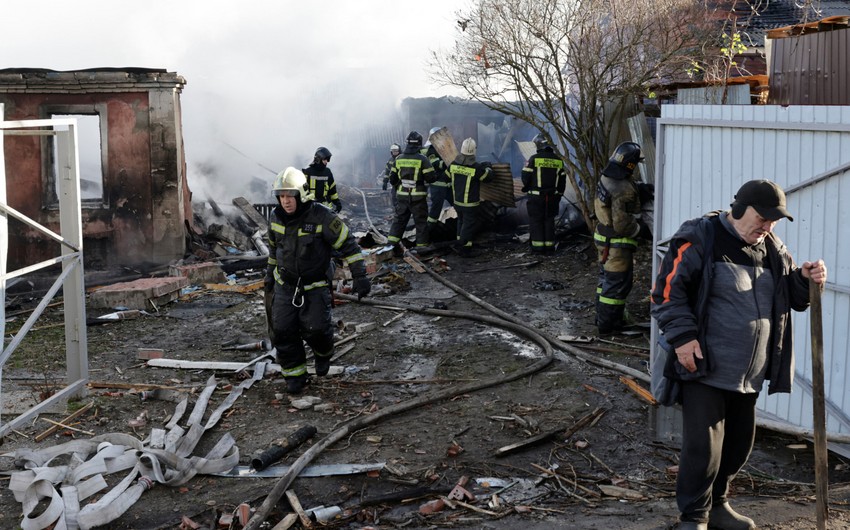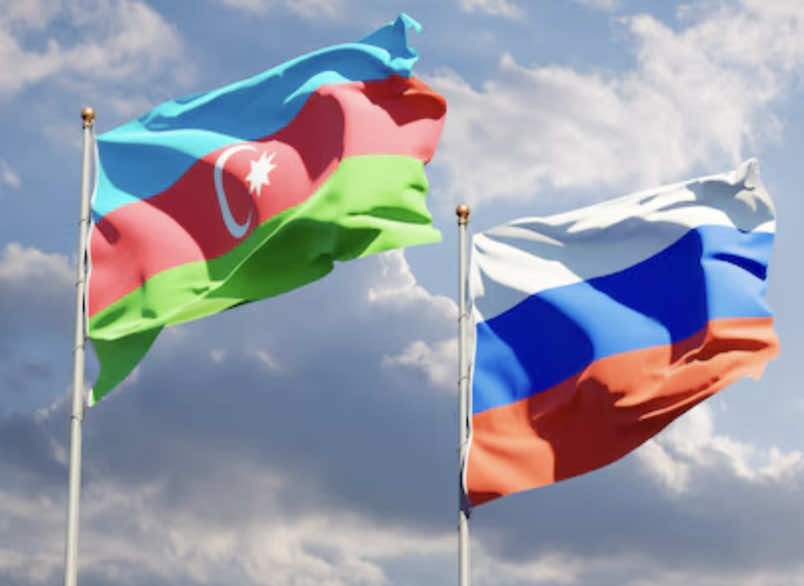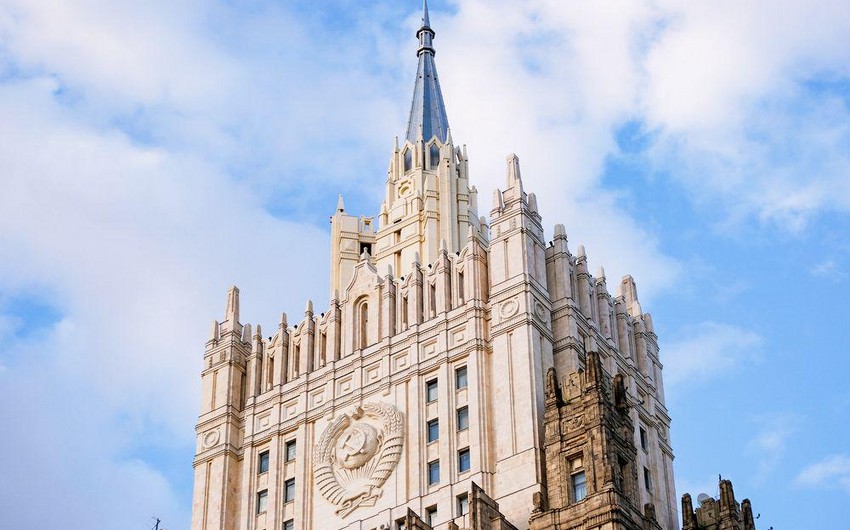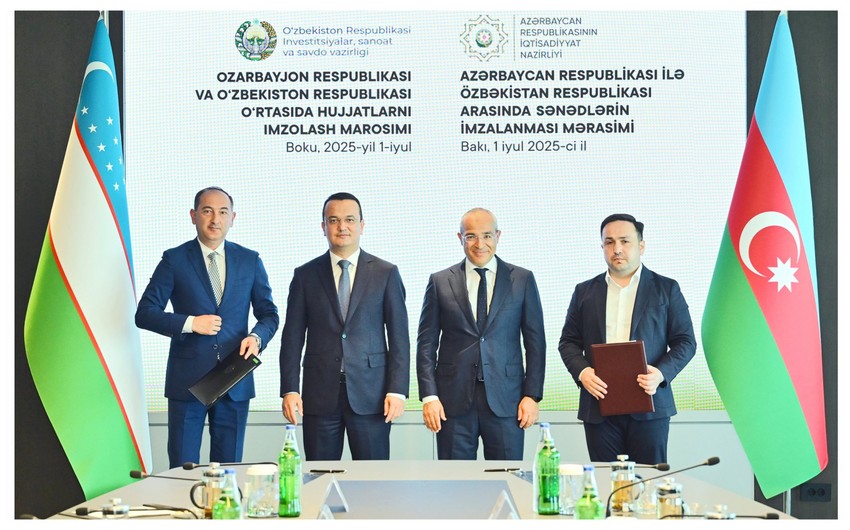For more than two weeks, Colombia has seen a nonstop wave of protests, initially in response to a proposed tax overhaul to address budget shortfalls. Colombian police have responded with violence to the largely peaceful demonstrations, leaving more than 40 dead, hundreds injured, and a reported 548 disappeared, and more than a dozen cases of sexual violence.
The government quickly withdrew the tax proposal, accepted the resignation of the finance and foreign affairs ministers and eventually opened a dialogue with protesters — yet the protests continue. Here’s what you need to know.
1. Colombia’s protests aren’t just about tax reform
Unions and activists called for a national strike against the extensive tax reforms introduced in congress in mid-April. Although the tax package included progressive elements, it also proposed unpopular measures that extended the value added tax to previously untaxed goods and services, hiked gasoline taxes and taxed pensioners earning more than $1,800 a month.
While the tax bill sparked the protests, the demonstrations built on previous discontent with how the government handled the 2016 peace agreement with the rebel FARC group, the killing of grass roots leaders and police violence. The worsening economic and health crises exacerbated all of these grievances.
Colombia has been hit hard by covid-19 — one assessment ranked it the fifth worst performer out of 53 countries measured for their effectiveness in handling the pandemic. To slow the spread of the virus, the national and local governments resorted to shelter-in-place orders, which hampered an already slow economy.
Over the past year, Colombia’s economy contracted by 6.8 percent and unemployment rose to 16 percent. An estimated 42 percent of the population cannot afford their basic needs, and Colombians want the government to alleviate their situation.
2. The crisis has exposed the leadership’s weaknesses
Colombia’s president Iván Duque has proven to be an unskilled leader. Like the handpicked successors of other charismatic leaders, he lacks experience or political capital of his own. Selected by former president Alvaro Uribe to be his party’s candidate in 2018, Duque has struggled to implement his agenda.
His approval ratings have been systematically low. According to opinion surveys in March, just over a third of Colombians (36 percent) endorsed his presidency.
Duque’s Democratic Center (CD) party hasn’t provided reliable support. The president however, cannot distance himself from CD, which would like to reverse the 2016 peace agreements. Proposing a legislative agenda closer to the preferences of other parties jeopardizes his relationships with the CD and his political mentor, which are key to his presidency’s survival.
Duque’s weakness is further exacerbated by the 2022 presidential elections. Unable to run for reelection due to term limits, Duque and his unpopular administration are a liability. Co-partisan and rival politicians don’t want to taint their electoral prospects by supporting him.
3. The government crackdown is exacerbating the situation
Duque has used Colombia’s security apparatus to curb the protests, despite little public or political support for the tough response. Domestic and international NGOs have documented several cases of police brutality, noting security forces shot at least 34 people dead, while other protesters died from tear gas or from being struck by an anti-riot tank.
Political leaders, human rights NGOs, the U.S., E.U. and U.N. have urged restraint — but the government has not acknowledged the police brutality. Although there have been episodes of looting, vandalism and damage to private and public property and attacks on police officers, the demonstrations have been overwhelmingly peaceful.
4. Colombia faces a crisis of representation
The 2016 peace agreement that ended over 50 years of conflict changed Colombian politics. It opened political participation to previously sidelined social movements and brought forward issues like poverty and income inequality that had been obscured by the armed conflict. The political system was unprepared to absorb these issues, however.
Colombia’s parties are organizationally weak — in fact, they’ve been largely absent in recent waves of protest. Nongovernmental groups remain fragmented and traditional organizations at the national level, like labor unions, do not fully represent many of the protesters, many of whom have mobilized over local demands. These traditional organizations are unable to channel and process citizen discontent.
Duque has opened up a “national dialogue,” but it resembles the ineffective talks his government initiated in 2019. The president unilaterally set the agenda, and met with economic elites and political allies. Only after almost two weeks of ongoing protests did Duque sit down with the national strike committee leadership. This group doesn’t fully represent those in the streets, and there’s little evidence the government is willing or capable of including broader voices in these talks.
This mismanagement of a deepening national crisis is further complicated by local dynamics. City governments rely on strong channels with community organizations to negotiate local grievances. Without them, some cities have been ineffective in defusing the most obstructive protest maneuvers — like street barricades — that are blocking food and medicine supplies. This has led to escalating police violence, as well as attacks by armed civilians.
Can national and local leaders resolve the growing unrest? Absent effective mechanisms of political inclusion and representation, Colombia’s tensions will not go anywhere. Given the simmering discontent, widespread demonstrations are likely to become more frequent.

